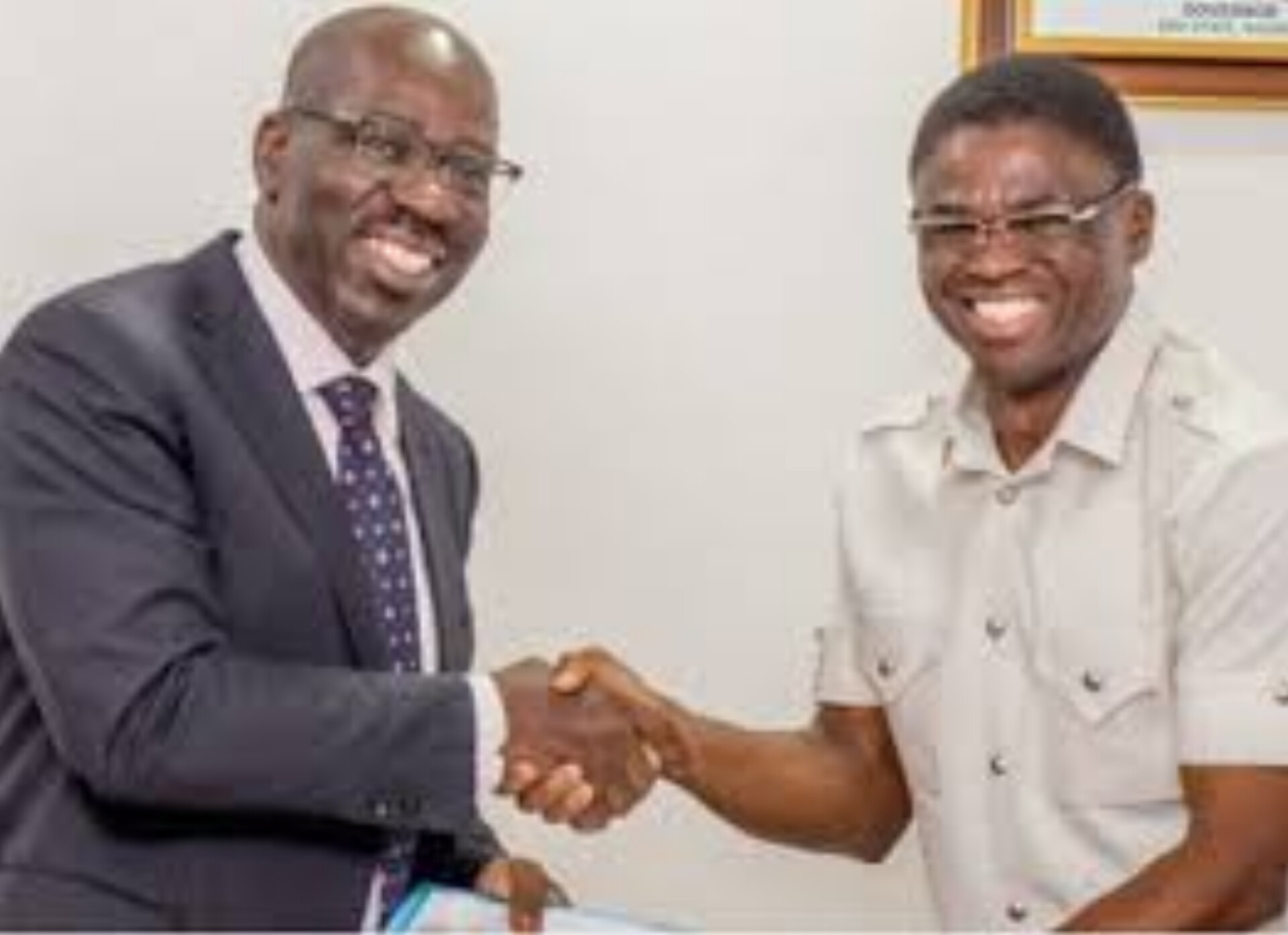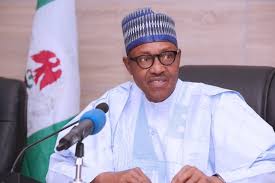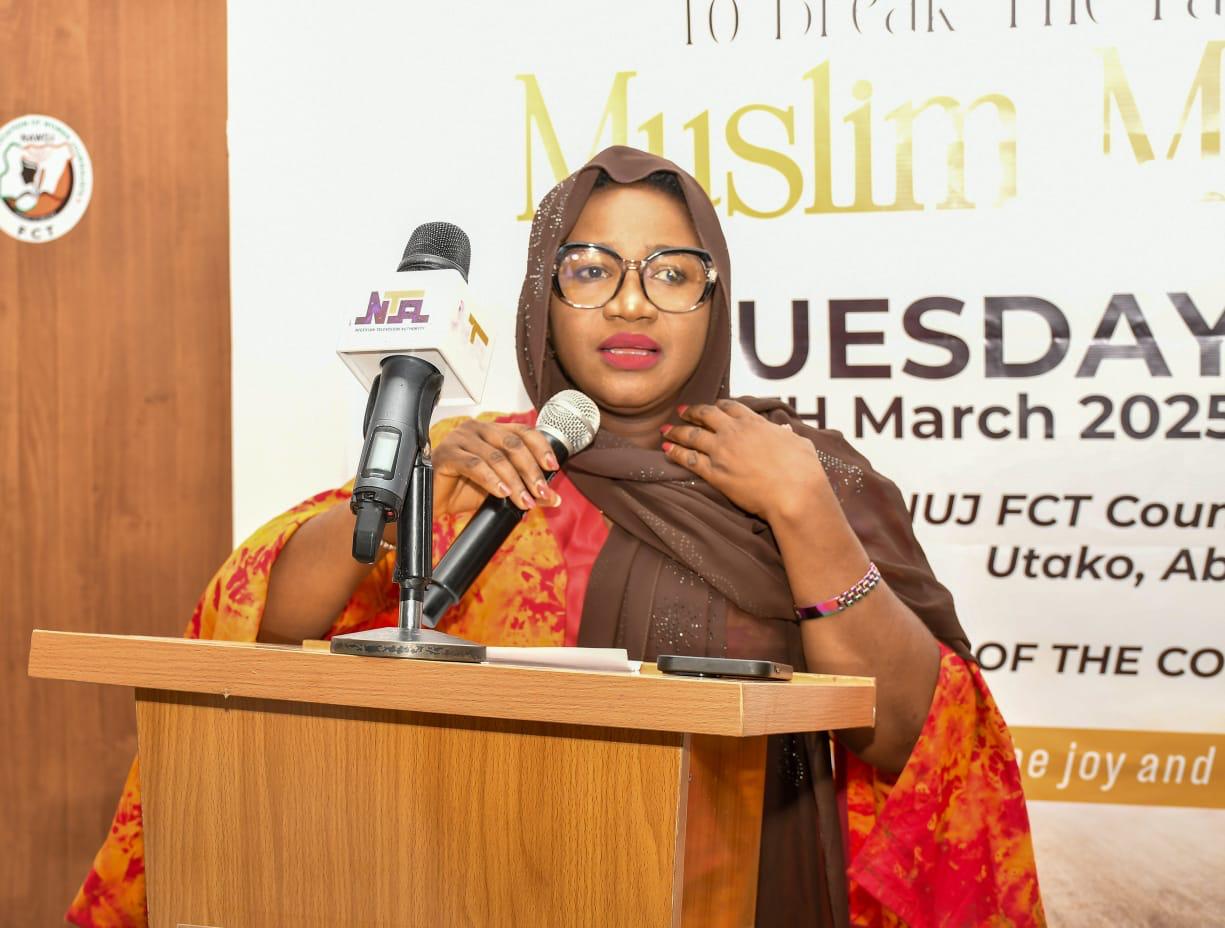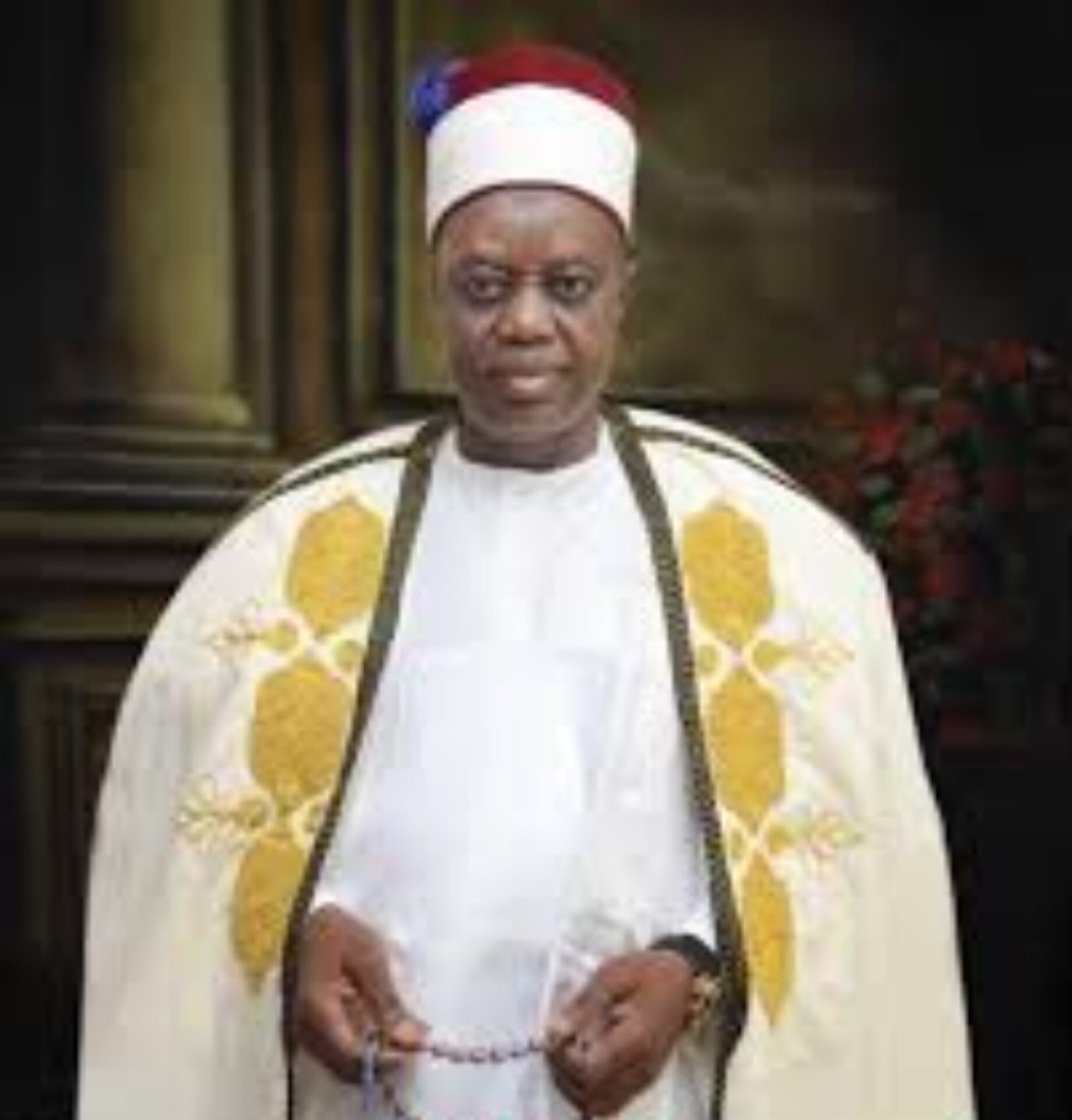By Ehichioya Ezomon
Political and economic interests are thicker than blood, just as there’s no permanent friend or permanent enemy but permanent interest in politics. This is what the public is about to witness in Edo State, as Governor Godwin Obaseki’s reportedly secured the cooperation of Senator and former Governor Adams Oshiomhole, to deal a decisive political blow to Deputy Governor Philip Shaibu.
Comrade Oshiomhole’s poured cold water on his alleged deal with Obaseki to attempt to impeach – for the second time in eight months – Comrade Shaibu on the same grounds of carving a governorship lane for himself rather than backing Obaseki’s “anointed candidate,” Dr Asue Ighodalo, a Lagos-based lawyer and industrialist business partner of the governor.
For all Oshiomhole cares, Obaseki and Shaibu can fight to their political death, as they’re “godsons” he’d picked for their elevated positions, but turned round to beyray him, and conspired to use his ward executive in Etsako West Local Government Area of Edo State to suspend him from the All Progressives Congress (APC), and the courts to sack him as national chairman of the party in 2020.
Oshiomhole and Obaseki have been estranged, leading Oshiomhole in 2020 to deny Obaseki a second term ticket as the candidate of then ruling APC in Edo State. Obaseki defected to the opposition Peoples Democratic Party (PDP), which gave him the ticket to participate, and won the September 2020 governorship election.
The bulwark of Obaseki’s re-election was Comrade Shaibu, who defied his kindred relationship with Oshiomhole – both are from Etsako West in Edo State – and gave Obaseki the ammo to publicly and politically humiliate Oshiomhole. But just as the godfather-godson relationship didn’t last between Oshiomhole and Obaseki, the governor’s “chummy-chummy” with his deputy strained quickly, owing to the issue of who succeeds Obaseki in November 2024.
Like most politicians, Shaibu dared to dream to upgrade from Deputy Governor to the Executive Governor of Edo State in 2024. He practicalised that dream by floating political action groups, and embarking on consultations with various stakeholders, to advance his ambition.
But Shaibu’s aspiration touched a raw nerve in Obaseki, who put in motion a plot to impeach him with the help of members of the Edo State House of Assembly (ESHA), where the ruling PDP has 13 of the 24-member legislature, with the main opposition APC having 10 and Labour Party (LP) one member, respectively.
To preempt the Obaseki-EDHA scheming to remove him from office, Shaibu instituted a couple of writs in Benin City, and the Federal Capital Territory (FCT), Abuja, to obtain injunctions to stop Obaseki and EDHA from carrying out their plot. So, faced with an aborted ouster of Shaibu, Obaseki denied his involvement, and blasted Shaibu as disloyal, and raking up issues where there’s none. Even as Shaibu later recanted, withdrew his lawsuits, and apologised for his “unknown” indiscretion against the governor, Obaseki excoriated him in a statement “accepting his apology.”
If Obaseki wasn’t involved in the plot to impeach Shaibu, why responding with a series of executive actions, to deal with him, including declaring him persona non grata in the office of Deputy Governor located at the Osadebey Avenue Government House in Benin City, and relocating his new office outside the Government House?
Why did Obaseki bar Shaibu from certain official engagements where the governor’s present – and on several occasions was prevented from accessing, or ejected from such events? And why reassigned the Deputy Governor’s office at the Government House to Aloghodaro, a think tank that organises the annual Edo State Economic Summit, headed by Mr Ighodalo?
Today, Ighodalo’s the candidate of the PDP in Edo State, winning a primary held at the Samuel Ogbemudia Stadium in Benin City on February 22 with 577 votes to defeat Shaibu (one vote) and eight others opposed to Obaseki’s pick. Earlier same day, but at a separate venue in Benin City, the Shaibu faction – in the face of alleged harassment, intimidation and injuries sustained by members from gunshots sporadically fired by operatives of Edo State Security Network – held its primary, and returned Shaibu as the winner with 301 votes.
Infuriated by Shaibu’s audacity to hold a parallel primary to challenge the PDP NWC-backed election – with the acting national chairman of the party, Alhaji Umar Damagum, saying, “we organised and recognised only one primary in Edo which produced Dr Asue Ighodalo as the party candidate” – Obaseki’s decided on a second attempt to impeach Shaibu – as Shaibu revealed on March 3 in Abuja, describing the moves as “a joke carried too far.”
As first reported by VANGUARD on February 24, Shaibu – at an interactive session with journalists on February 23, hinted about taking legal action to protect his right to bid for Governor. “In the coming days – I don’t want to go into details of certain things – we will be meeting in court because some of these things are not something I should speak to. But as we move on, things will keep unfolding and you’ll get the nitty-gritty at the end of the day. So, that is where we are today,” Shaibu said.
Corroborating Shaibu’s revelation, a member of EDHA said Governor Obaseki – as first reported by National Update online on March 4 – summoned the legislators on March 3, to brief them on “the next step to take against his deputy for daring to contest against Dr. Asue Ighodalo, his anointed candidate,” and that the impeachment process would begin on March 7.
Another member of EDHA noted that the governor had gotten across to Senator Oshiomhole, “to help lobby the APC lawmakers in the House for their support” to impeach Shaibu “since he (Shaibu) is not in good terms with the Edo North senator.”
“We were also reliably informed that since Comrade Oshiomole fell out with the Presidency over the Edo State APC governorship primary, he is poised to do a spoiler job, as he has given Godwin Obaseki and Asue Ighodalo his words to galvanise his followers for the PDP candidate,” the source said.
The source added: “Yes, the governor invited us on Sunday, and at the meeting, he told us to commence an impeachment process against his deputy for having the guts to contest against his preferred person, Dr. Asue Ighodalo. He (Obaseki) also went further to tell us that he has the support of Comrade Adams Oshiomole for the APC lawmakers.
“As it is today, Monday (February 4), the governor already has overwhelming numbers to carry out the impeachment process. Do you know that because of the impeachment process, the House couldn’t sit today, Monday, and we will not also sit tomorrow, Tuesday (February 5), just for them (members of EDHA) to perfect all arrangements?”
Members of EDHA actually began the impeachment process against Shaibu on March 7. The mover of the motion and Majority Leader, Charity Aiguobarueghian (PDP, Ovia North-East I), said a petition, dated March 5 against Shaibu, was signed by 21 of the 24 members of the legislature, adding that the petition was based on “perjury and revelation of government’s secrets” – served on Shaibu, to be responded to within seven days! (Note that, “Aiguobarueghian” literally translates to, “You do not keep enmity with the Oba” (of Benin)). Meaning that Governor Obaseki’s tactically declared Shaibu as an enemy of the Oba)
The House Speaker Blessing Agbebaku acknowledged receipt of the petition, and directed the Assembly Clerk, Mr Yahaya Omogbai, to serve the impeachment notice on the deputy governor, who the Speaker gave seven days to respond – even as allegation of N15m bribe dogs each member, as inducement to impeach Shaibu.
The question: If EDHA lawmakers are allegedly bribed to remove Shaibu from office, by what inducement is Oshiomole reportedly lending his weight to the plot through APC members in the Assembly? Is it to spite the Presidency for botching his alleged plans to impose Hon. Dennis Idahosa (APC, Ovia Federal Constituency) as candidate on members of the Edo State APC?
Or – as speculated before the primary of February 17 to 23 – that Oshiomole wanted the APC “to field a very weak candidate,” to be overrun by the PDP candidate in the September 21 election? Whichever, Oshiomhole fits the bill, as leader of the APC in Edo State, and the only politician that can guarantee block votes from his senatorial district of Edo North.
Oshiomhole’s denied having a hand in the repeat attempt by Obaseki to impeach Shaibu, noting in a statement by his Senior Legislative aide, Mr. Victor Oshioke, on March 6 in Abuja, that he’d neither be concerned nor bothered by what methods the dramatis personae in the unending factional feud within Edo State PDP employed “to settle scores among themselves,” but for a social media story, which linked him to a purported plan by Obaseki to call on Edo State lawmakers to begin impeachment proceedings against Shaibu.
Concord Online News first reported Mr Oshioke, quoting Oshiomhole, as saying, “We wish to categorically state that Senator Adams Aliyu Oshiomhole has not, at any time, engaged in discussions with Governor Godwin Obaseki regarding plans to impeach his deputy.”
Noting that matters of impeachment are the sole responsibilities of the Edo State House of Assembly and the Edo State Judiciary – with no constitutional role for political parties to play in the process – Oshioke said, “the notion that Oshiomhole can influence the actions of APC lawmakers in any impeachment exercise in the Assembly is simply preposterous.”
“Let it be put on record that Senator Oshiomhole, as the apex leader of the APC in Edo State, is solely focused on fostering goodwill between the people of Edo State and the APC, with the goal of winning the upcoming governorship election and returning the state to a path of progress under an APC government. Senator Oshiomhole has not and will not engage in any deals with Governor Obaseki on this or any other political issue,” Oshioke said.
“Lastly, we urge all Edo people to approach articles of this nature with skepticism if the authors fail to take credit for their allegations,” adding that, “As we begin the process leading to the September 2024 governorship election in our beloved state, let us all strive for truthful and responsible discourse in our political environment.”
It’s well and good for Oshiomhole to debunk his alleged involvement in the plot by Obaseki and the obviously pliant members of the Edo State House of Assembly to impeach Shaibu, his kinsman from Etsako West of Edo State. More definitive is Oshiomole’s stated resolve to unite the APC members, and woo Edo people for the September 21 governorship poll.
Yet, can Oshiomhole be trusted considering he’s central to what played out during the primary, in which he picked sides, instead of maintaining neutrality as leader of the APC in Edo State? It’ll be nice to see him keep fidelity with his double averments, and strive for APC to reclaim occupancy of the Osadebey Avenue Government House in Benin City in November 2024!
Meanwhile, the South-South zonal chapter of the PDP has criticised the Obaseki-induced impeachment of Shaibu, saying the move was unreasonable and uncalled for, “particularly as it is coming at a time the party is pursuing reconciliations” among factions in Edo State ahead of the September 21, 2024, governorship election.
In a statement March 8, the zonal spokesman, Mr. Bishop Ante, said, “It is a sad development, and indeed a sign of failure of the leadership of the party in Edo State, to allow internal political disagreements to snowball into a major crisis that could jeopardise the chances of the party in the forthcoming governorship elections in the state.”
Mr Ante said the party is disturbed by the unending feud between Obaseki and Shaibu, who were elected on the PDP platform “to better the lots of the people,” noting that, “from the look of things, it is obvious that the mandate has been abandoned by the duo as evident in the current political crisis in Edo State.”
He called on Obaseki to jettison the idea of having Shaibu impeached, warning that such a move, “in the face of the obvious politically-induced and unfounded allegations contained in the impeachment notice,” could have damning consequences on the chances of the party winning the governorship election.
“Engaging in self-serving impeachment moves against Philip Shaibu at this time will do us (PDP) no good,” Ante said, adding that at this critical point, Obaseki “is expected to channel his energy towards reconciling and uniting the Edo PDP family by providing the needed leadership required in winning the state for the party come September 21,” and praised Shaibu “for the maturity and calmness exhibited so far in the face of provocation,” and advised him to “continue to remain a true loyal and committed party man.”
Mr Ezomon, Journalist and Media Consultant, writes from Lagos, Nigeria





